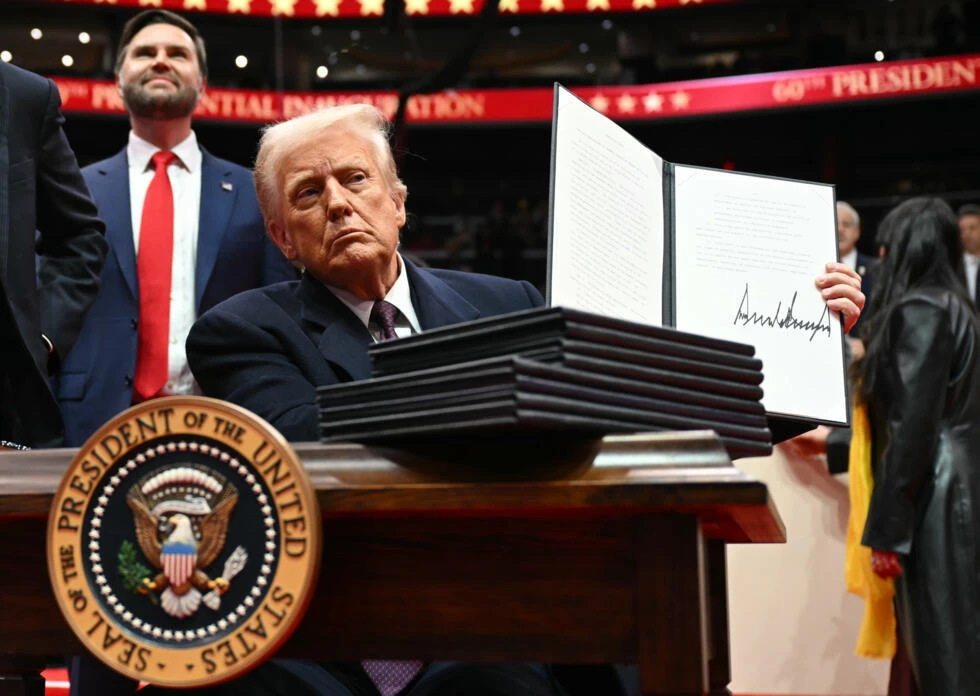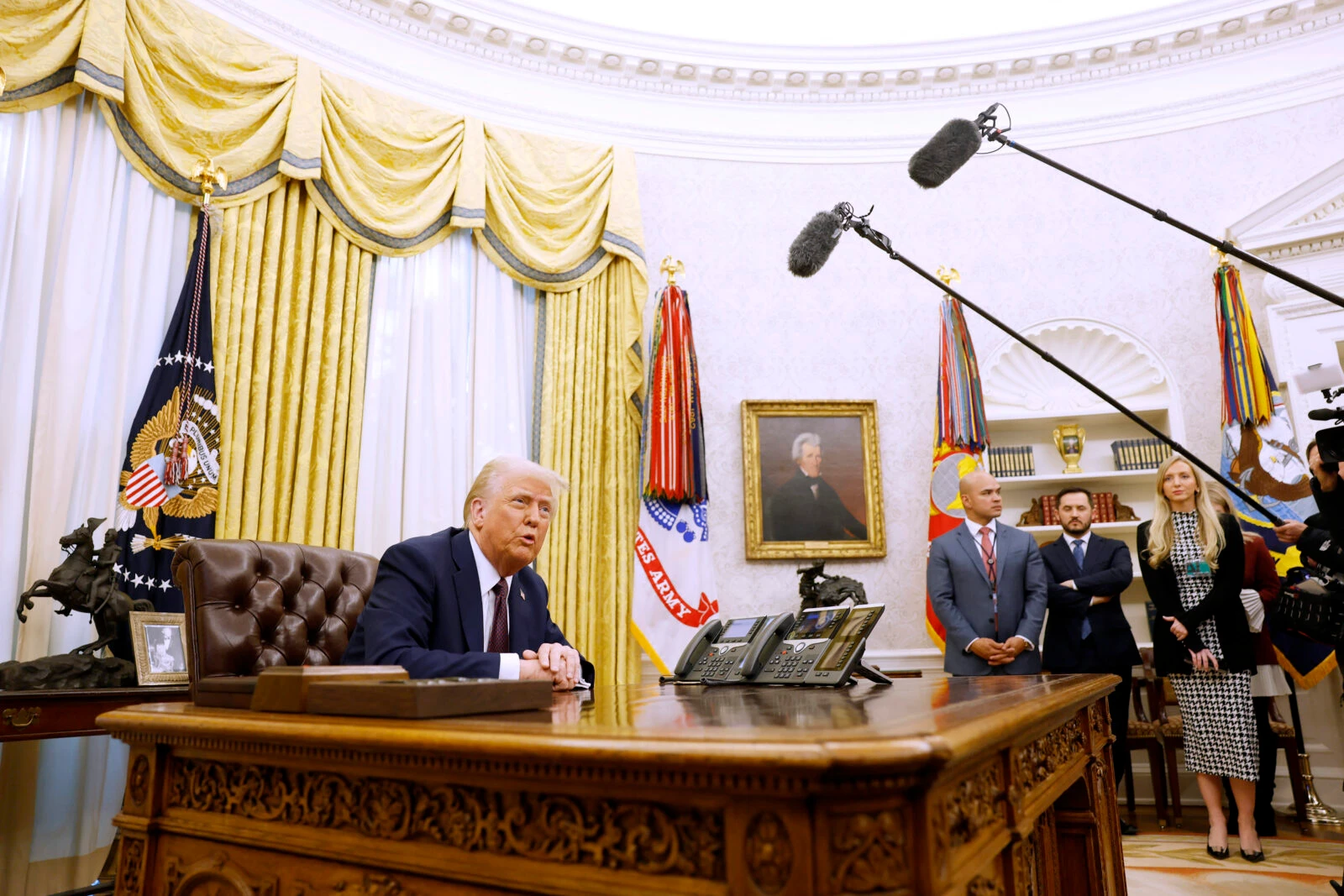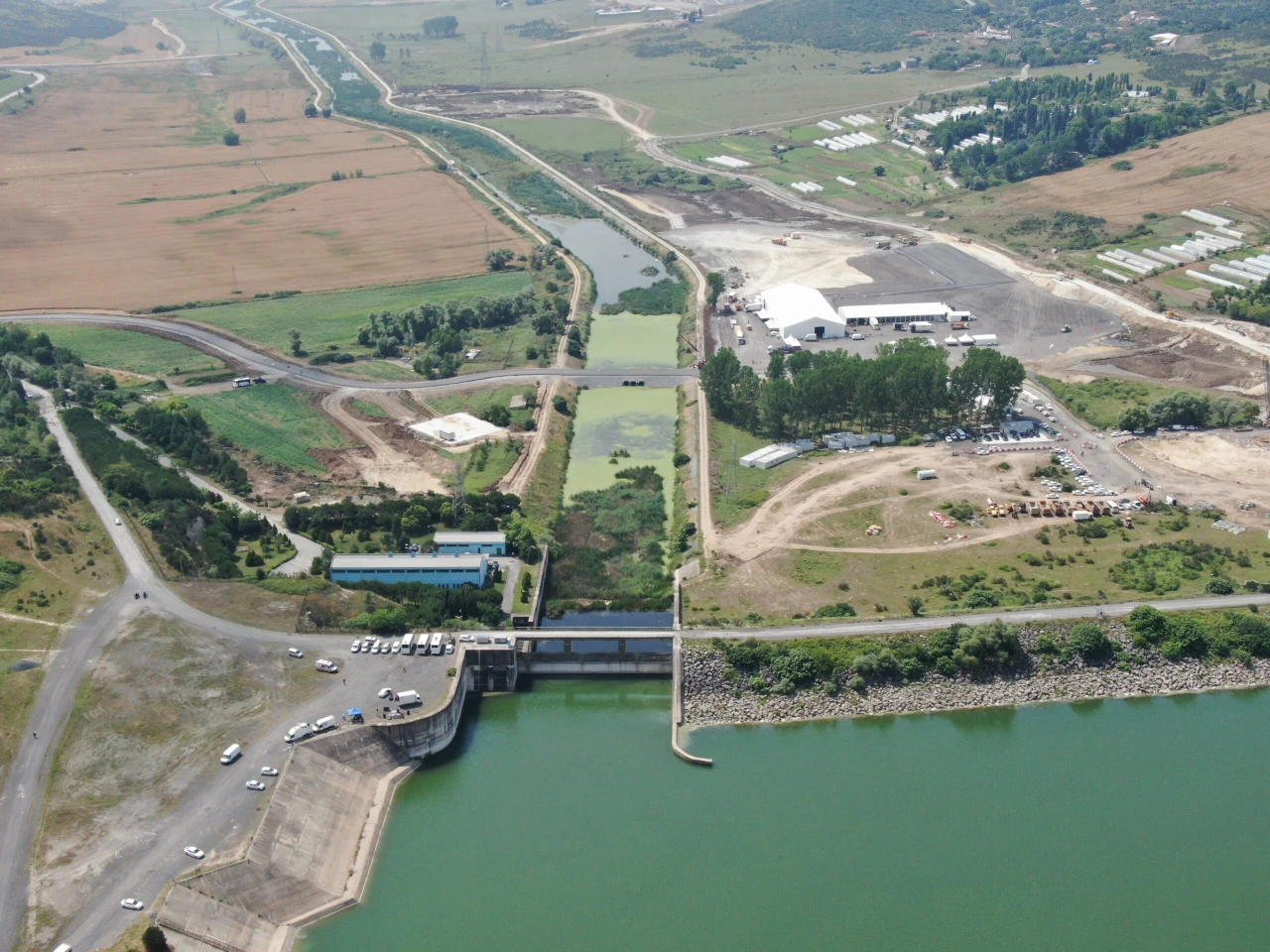Trump signs executive order to establish crypto advisory council and ban CBDC
 U.S. President Donald Trump signs an executive order in Washington, U.S. on Jan. 20, 2025. (AFP Photo)
U.S. President Donald Trump signs an executive order in Washington, U.S. on Jan. 20, 2025. (AFP Photo)
U.S. President Donald Trump on Thursday signed an executive order establishing a cryptocurrency working group, delivering on a campaign promise after courting support from digital asset companies.
Crypto advisory council to guide policy
The newly created crypto advisory council will focus on advising digital asset policy, collaborating with Congress on crypto legislation, and helping to establish Trump’s proposed bitcoin reserve.
The group will also facilitate coordination among key regulatory agencies, including the Securities and Exchange Commission, Commodity Futures Trading Commission, and the Treasury Department.
Furthermore, the group is preparing to “evaluate the creation and maintenance of a national stockpile of digital assets potentially derived from cryptocurrencies legally seized by the Federal Government through law enforcement.”
CBDC ban sparks market volatility
Meanwhile, Trump signed an executive order officially prohibiting the creation of a Central Bank Digital Currency (CBDC), a decision that has led to significant market volatility.

Trump’s order prohibits the “establishment, issuance, circulation, and use of a CBDC within the jurisdiction of the United States.” He argued that CBDCs, also known as “digital dollars,” pose significant risks to financial system stability, individual privacy, and U.S. sovereignty.
CBDCs could, in theory, be issued by the Federal Reserve and be directly interchangeable with physical dollars, granting the U.S. central bank greater control over currency supply. Supporters of CBDCs argue that they could bring unbanked individuals into the financial system and help trace and combat criminal activity.
However, critics, including many Republicans, warn that CBDCs could undermine privacy and weaken the banking system by discouraging private banking practices.
Fed’s position on CBDCs
The Federal Reserve has conducted research on CBDCs but has repeatedly stated that there are no immediate plans to implement one.
Fed Chair Jerome Powell reassured Congress last year, saying, “Nothing like that is remotely close to happening anytime soon.”



